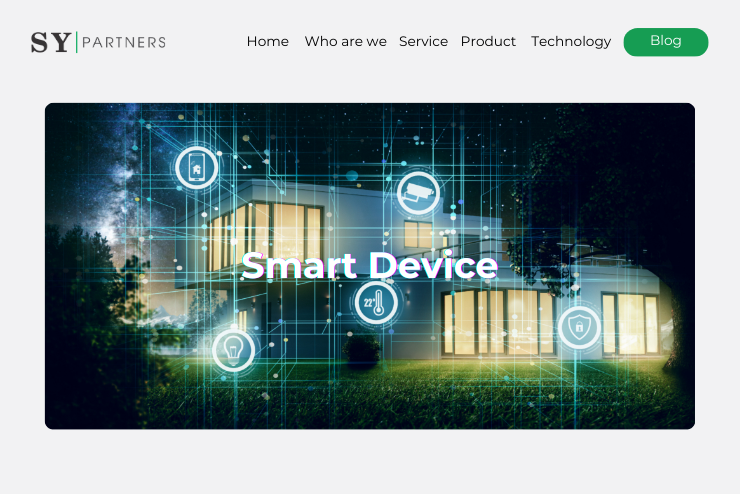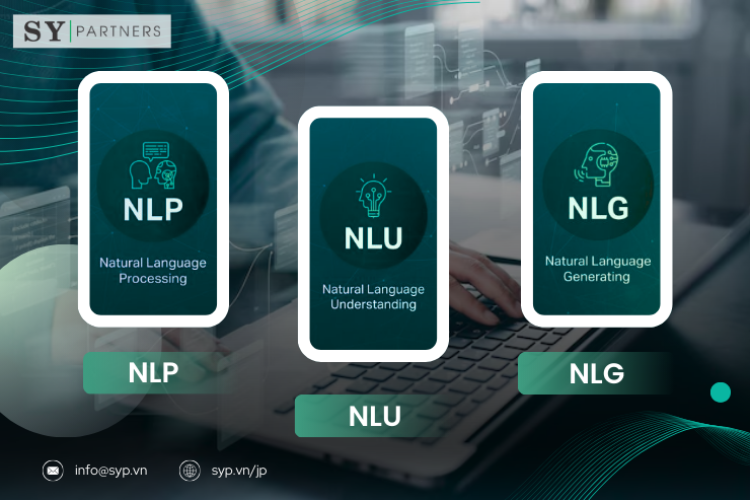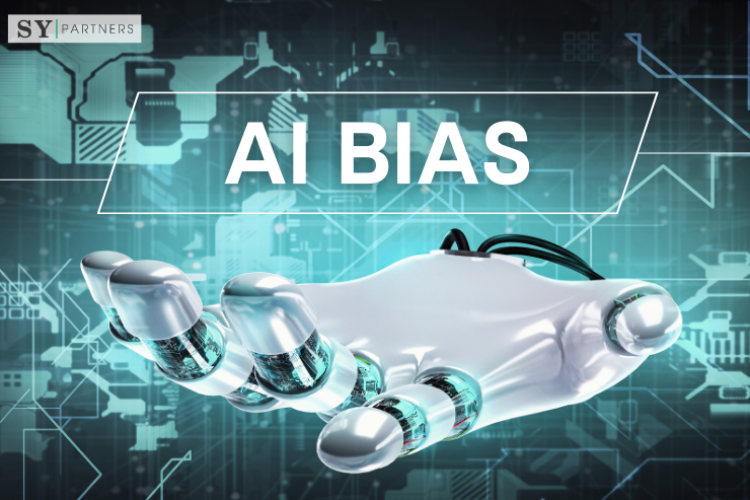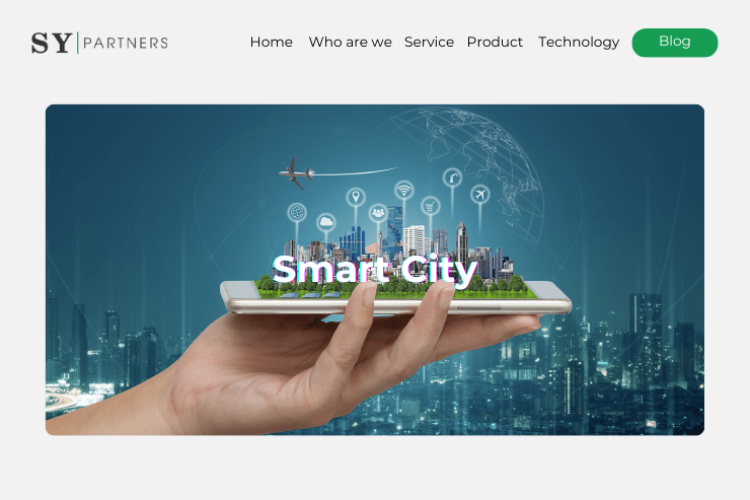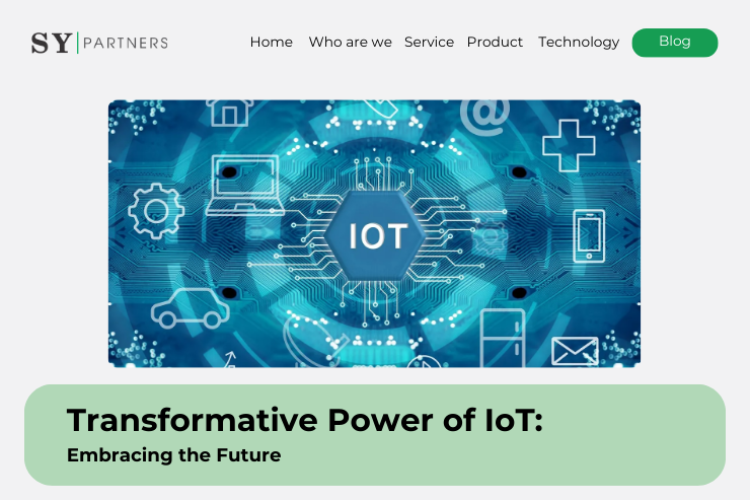The Evolution of Smart Device Technologies: Revolutionizing Everyday Life
The exponential growth of technology has led to the development of smart devices that have revolutionized the way we live, work, and interact with the world around us. From smartphones and smart homes to wearable devices and virtual assistants, these intelligent devices have become an integral part of our daily lives, transforming various aspects of our existence.
In this article, we will explore the evolution of smart device technologies and their profound impact on different domains, ranging from communication and entertainment to healthcare and transportation.
1. The Rise of Smartphones
Smartphones marked a significant turning point in the world of technology. With their advanced features and capabilities, smartphones have become an indispensable part of our lives. They have not only changed the way we communicate but also provided us with access to a wealth of information at our fingertips.
From email and social media to online shopping and multimedia content consumption, smartphones have revolutionized the way we connect with others and access information. The integration of powerful processors, high-resolution displays, and innovative applications has made smartphones an all-in-one device that caters to our diverse needs.
2. Smart Homes and IoT
The concept of a smart home has gained immense popularity in recent years. The Internet of Things (IoT) has enabled the interconnectivity of various devices within our homes, making them smarter and more efficient. Smart thermostats, lighting systems, security cameras, and appliances can now be controlled and monitored remotely through smartphones or voice assistants. This level of automation has not only enhanced convenience but also led to energy savings and improved security.
For example, smart thermostats can adjust the temperature based on occupancy patterns, leading to significant energy efficiency. Similarly, smart security systems allow homeowners to monitor their properties in real-time and receive alerts in case of any suspicious activities.
3. Wearable Devices
Wearable devices, including smartwatches and fitness trackers, have surged in popularity due to their ability to monitor our health and provide valuable insights. These devices can track our heart rate, sleep patterns, physical activity, and even offer personalized workout recommendations. By promoting a healthier lifestyle and encouraging users to be more mindful of their well-being, wearable devices have had a profound impact on the way we approach fitness and self-care.
Additionally, they have opened up new possibilities in the field of healthcare, enabling remote patient monitoring and early detection of potential health issues. Wearable devices are also being used in various industries, such as sports and entertainment, to enhance performance and provide immersive experiences to users.
4. Virtual Assistants and Voice Recognition
Virtual assistants, such as Amazon's Alexa, Apple's Siri, and Google Assistant, have become ubiquitous in many households. These voice-activated assistants leverage artificial intelligence and natural language processing to understand and respond to user commands. From providing weather updates and answering trivia questions to controlling smart devices and managing schedules, virtual assistants have simplified tasks and made our lives more efficient and convenient.
They have become our personal assistants, capable of performing a wide range of tasks and providing personalized recommendations. Moreover, virtual assistants are continuously learning and improving, adapting to our preferences and habits to provide a more personalized experience.
5. Smart Cities and Infrastructure
The impact of smart devices extends beyond our homes and personal lives. Smart cities are emerging as a result of integrating technology into urban infrastructure. Intelligent traffic management systems, connected public transportation, and energy-efficient buildings are some examples of how smart devices are transforming urban living. These technologies aim to improve sustainability, reduce congestion, enhance public safety, and create more efficient and livable cities.
For instance, smart traffic management systems use real-time data to optimize traffic flow, reducing commute times and carbon emissions. Connected public transportation systems enable seamless travel experiences, with real-time updates on schedules and availability. Energy-efficient buildings equipped with smart sensors and automation systems contribute to reducing energy consumption and creating more sustainable living spaces.
Conclusion
Smart devices have undoubtedly transformed the way we live and interact with the world around us. From smartphones that keep us connected to smart homes that automate our daily routines, these technologies have become integral to our lives. As the Internet of Things continues to evolve and artificial intelligence advances, we can expect even more innovative smart devices that will further enhance our productivity, convenience, and overall quality of life.
However, it is crucial to address concerns related to data privacy, security, and ethical implications to ensure that these technologies are harnessed responsibly and for the greater benefit of society. The future holds tremendous potential for smart device technologies to continue shaping our lives and creating a more connected and intelligent world.


 EN
EN JP
JP KR
KR